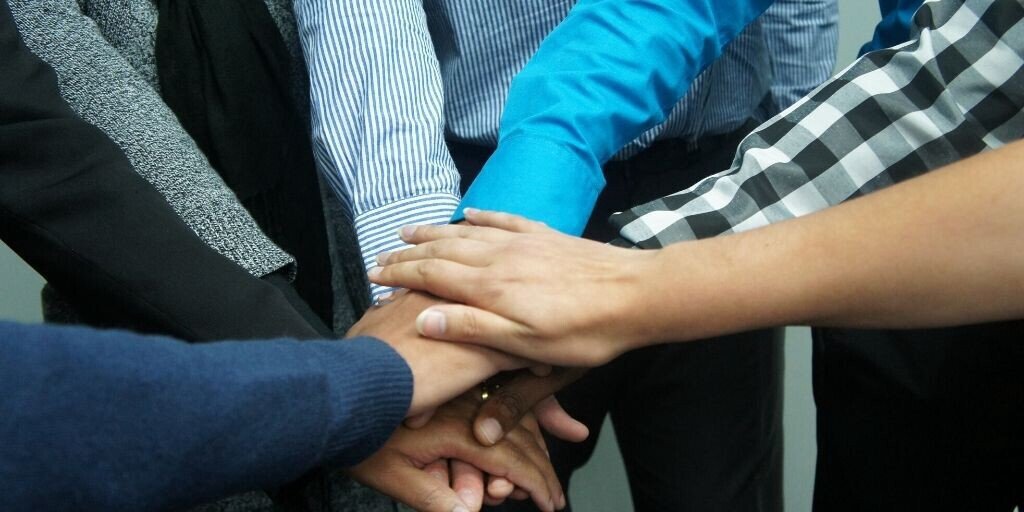By Zeenath Uddin, Head of Quality and Safety, Royal College of Midwives | 4 min
Hear more from Zeenath by signing up for our 'Race Matters' webinar October 1 10am here.
I have multiple identities: I am a British woman. I am a Muslim. I am of Asian descent. I am a midwife. I am also the Head of Quality and Safety for the Royal College of Midwives. My Britishness has always been in doubt by others even when I was a child. I grew up in a predominately white area in a small town in Greater Manchester – and experienced and tasted what looking different meant. My primary school teachers changed my name so they could pronounce it in a more manageable way for them. My playground experience was peppered with shouts of red Indian, Paki, blackie, coloured and burnt sausage.
Growing up, I told myself that these sorts of comments were often inherited though generations. Often they came from a fear of the unknown and ignorance and not much changed when I went into fulltime employment. I have been working in the NHS for most of my adult life, and I have been honoured to be ‘with women’ in their most vulnerable, challenging, enlightening and joyful moments. In spite of this, though, those years have also been marred by my Britishness continuing to be doubted by people I have cared for and colleagues I have worked with.
My religious and moral values support my British values. My faith is profoundly personal and spiritual and is individual to me. However, for some people, this seems foreign. It saddens me that, in 2020, despite all the technological advancement we’ve achieved, humanity still seems to focus more on division than in unity, rage and resentment rather than harmony.
Over the years, I have been faced with offensive and hurtful comments from women in my care, some who have said they ‘don’t want to be looked after by a coloured or a terrorist’. I have had my headscarf pulled off and management have suggested ‘I should consider wearing blue contact lenses and wear a blonde wig to fit in, or to receive a promotion’. The most frequent question I get asked is ‘where are you really from?’ Comments like these cause pain and sadness.
Racism in the NHS is continuing to hurt and drive away some of our best. IT HAS TO STOP. Sadly, some people only believe a political rhetoric that increases and reinforces expressions of prejudice instead of uniting us. It is no wonder that violence attributed to online hate speech has increased worldwide.
The racial disparities in maternal and newborn health identified in the MBRRACE UK and recent PHE reports is not a new phenomenon. Inequalities in health continue to widen and are the defining challenge of our time. The numerous social determinants of health, each with multiple layers of complexity, have to be unpicked.
As the RCM’s Head of Quality & Safety, I’m proud to be part of an organisation that not only stands against inequality but leads the charge for its members and for maternal health. Leadership in the NHS is tough. There needs to be a greater emphasis on developing influential, courageous, consistent, dedicated and impartial leaders at every level to create a culture in which equity and equality is paramount. We must have the people with the right skills, expertise and qualifications in the right jobs.
By tackling racism we make life fairer for everyone. We need the NHS to provide a genuinely inclusive service which treats all staff and service users with respect, dignity and compassion. This is about humankind. Every one of us is struggling and fighting a battle no one knows about. Can we not all agree that despite our differences, everyone deserves equality?
*This blog was originally published on June 22 2020 by The Royal College of Midwives



